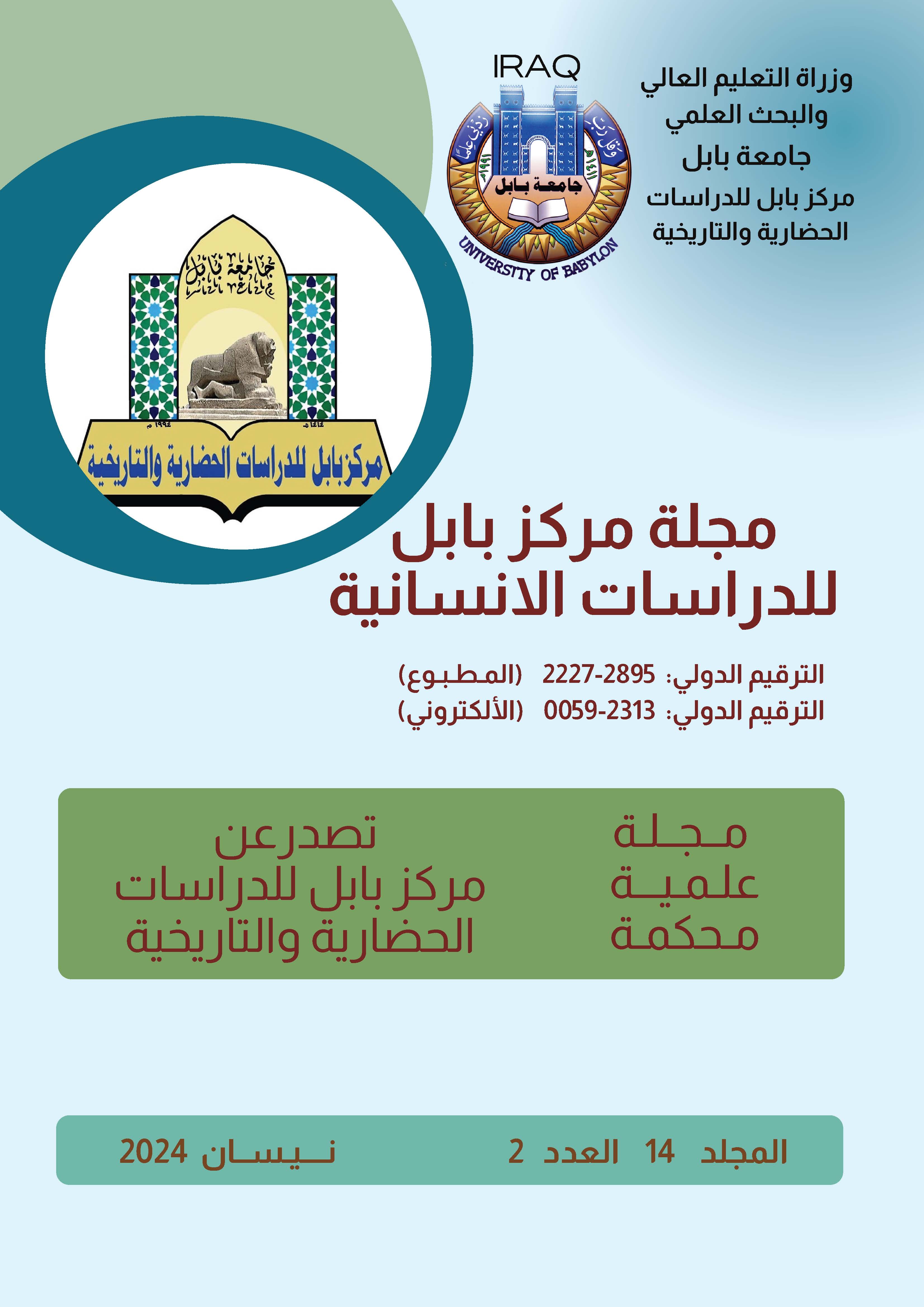العلامة حسن بن إبراهيم الخطيب الدريهمي وكتابه فتح مقفلات الأفهام شرح عمدة الأحكام بَابُ: فضل صلاة الجماعة ووجوبها من كتاب الصلاة -دراسة وتحقيق-
الكلمات المفتاحية:
حسن بن إبراهيم الخطيب، فتح مقفلات الأفهام، فضل صلاة الجماعة ووجوبهاالملخص
يهدف هذا البحث إلى التعريف بالعلامة حسن بن إبراهيم الخطيب، وبيان فضل صلاة الجماعة، وحكمها، وبيان السنن والرواتب التابعة للفرائض. والمنهج المتبع في البحث هو: المنهج الاستقرائي والمنهج الوصفي والمنهج التاريخي. حيث اقتصر البحث على مبحثين، المبحث الأول: التعريف بالعلامة حسن بن إبراهيم الخطيب، وكتابه فتح مقفلات الأفهام، والمبحث الثاني: تحقيق بَابُ: فضل صلاة الجماعة ووجوبها من كتاب الصلاة، فقد ورد في هذا البحث ستة أحاديث كلها في الصحيحين. وقد جاء البحث لإبراز علماء المسلمين عموماً، وعلماء اليمن على وجه الخصوص، والتعريف بهم وبجهدهم العلمي في خدمة السنة النبوية.وقد خلص البحث إلى نتائج من أبرزها: أن العلامة حسن بن إبراهيم الخطيب فقيه ومحدث، عرض كتابه بأسلوب موجز سهل، حيث احتوى على مادة علمية قيمة، جمع فيه كثير من الفوائد والفرائد واللطائف اللغوية والفقهية والحديثية المختلفة؛ فمنها: اهتمامه بالمسائل الفقهية المتنوعة، وسرد آراء الفقهاء حول المسائل، وذكر الحديث متبوعاً بالترجمة لرجال السند، وعزوه إلى مظانه، وذكر الألفاظ التي اشتملت عليها الرواية، وبيان درجة الحديث، وذكر الألفاظ الواردة من الناحية اللغوية، وبيان معاني الألفاظ الغريبة، فهي أشبه بموسوعة علمية حديثية فقهية.المراجع
التنزيلات
منشور
2024-04-30
إصدار
القسم
Articles







